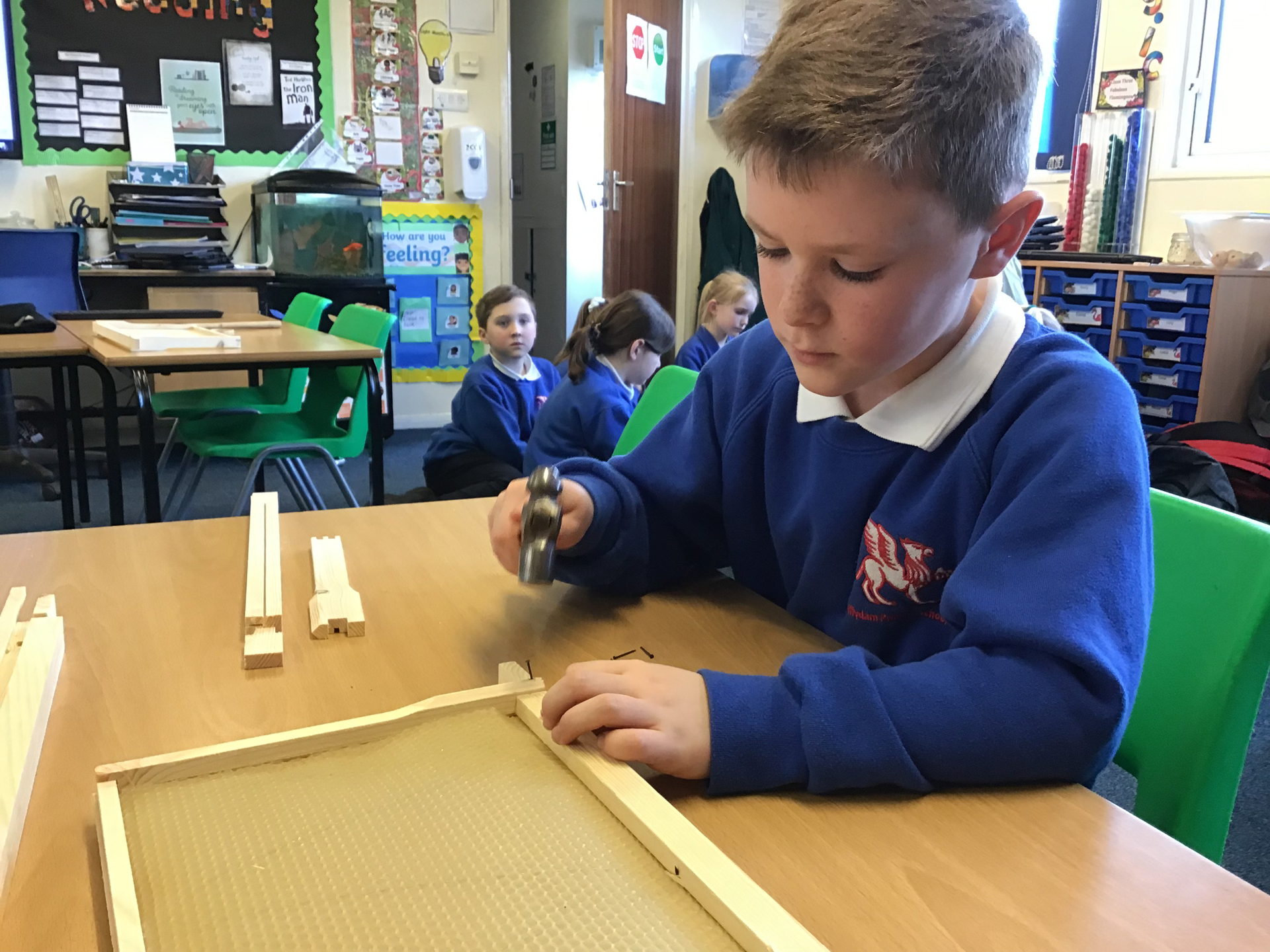Mathematics
It is our aim to provide our children with both the solid foundations of early mathematics needed to understand and participate fully in their world as they grow but also to develop a love of learning and curiosity about this world.
In accordance with the National Curriculum, we aim to ensure that all of our pupils:
- become fluent in the fundamentals of mathematics, including through varied and frequent practice with increasingly complex problems over time, so that pupils develop conceptual understanding and the ability to recall and apply knowledge rapidly and accurately.
- reason mathematically by following a line of enquiry, conjecturing relationships and generalisations, and developing an argument, justification or proof using mathematical language
- can solve problems by applying their mathematics to a variety of routine and non-routine problems with increasing sophistication, including breaking down problems into a series of simpler steps and persevering in seeking solutions
From Early Years Foundation Stage (EYFS) to Year 6, we use White Rose Scheme of Learning for our Long and Medium Term planning.
Currently, EYFS and Key Stage One are participating in a national programme designed to both improve the teaching and learning of early maths, called Mastery in Number Programme, by NCETM. In Key Stage One, this involves an additional short maths sessions during each day and for EYFS, the daily session is used as their directly teacher-led lessons.
Children in KS2 also have a daily arithmetic lesson which focuses on fluency in the 4 mathematical operations.
Progression of Key Mathematical topics - Link
Long Term Overview
Year 1
Year 2
Year 3
Year 4
Year 5
Year 6
Calculation Policies
Addition and Subtraction Policy
Multiplication and Division Policy
Assessment:
- Teachers will make short-term formative assessments during each lesson as they observe children’s participation and judge their understanding of the Learning Intentions. Verbal feedback may be given during the session, and written feedback may be given after the session.
- Every term we take a snapshot of attainment using PUMA resources.This information is reported to parents in end-of-year reports, as well as being used by teachers to identify gaps in learning and support children to close any gaps.
- Children undertake national Mathematics SAT tests towards the end of Year 2 and Year 6. Children in Year 4 will undertake the Multiplication Check.
- Children in Early Years will be assessed against the Early Learning Goals Criteria.



